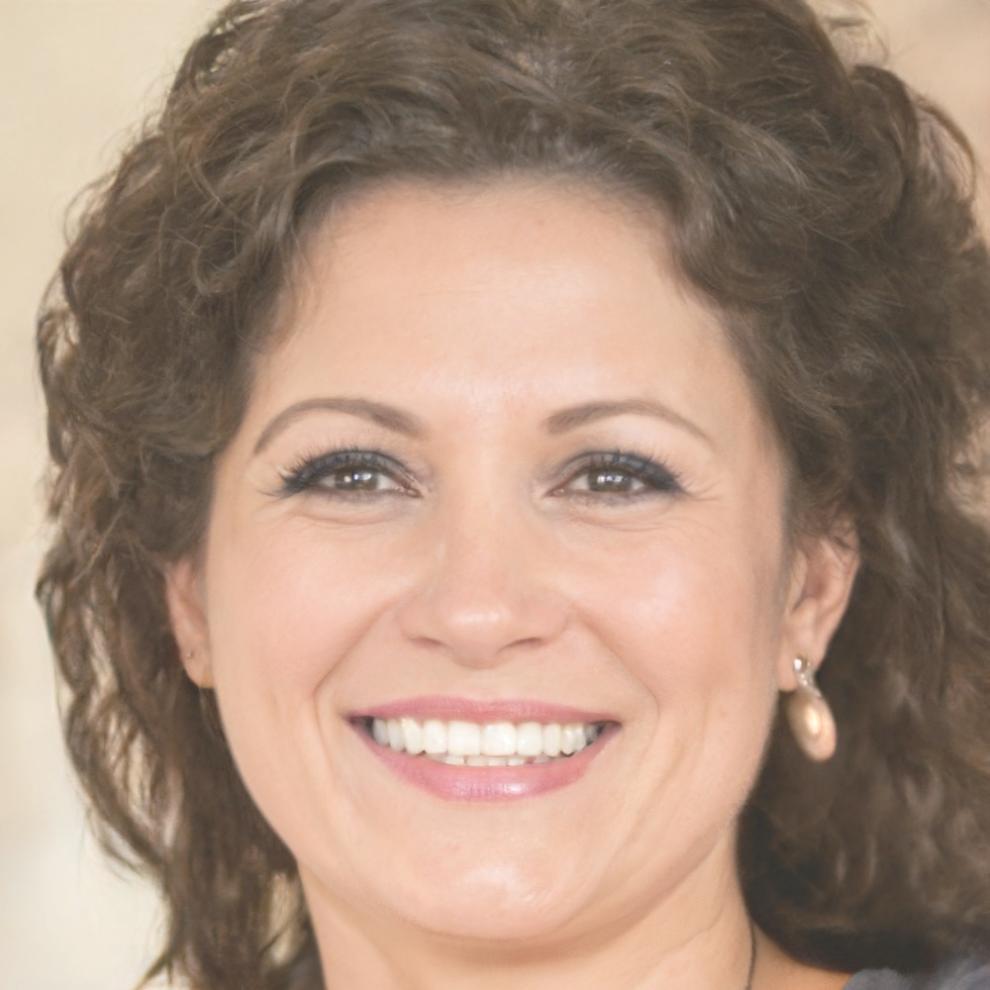Building Financial Modeling Skills That Actually Stick
Most people leave finance courses with theory but no real ability to model independently. We're doing something different here. Our Bangkok-based program teaches you to build models from scratch, starting with the fundamentals you'll use every single day. No shortcuts. No templates you don't understand.
Schedule a Program ConsultationHow Our Program Actually Developed
We didn't plan to teach financial modeling. The program grew from consultants getting tired of fixing preventable mistakes.
The Problem We Kept Seeing
After years of consulting work across Thailand, we noticed the same pattern. Junior analysts could use Excel formulas but couldn't structure a model properly. They'd learned techniques without understanding the logic behind financial statements. So we started documenting what actually needed fixing.
First Informal Workshop
We invited eight people to our office and walked them through building a three-statement model. No slides. Just live modeling with explanations. The feedback was clear—they wanted more practical work like this, less theory. That weekend session became our template.
Structured Curriculum Development
We broke down every modeling concept into progressive exercises. Each module builds on actual work we do for clients—DCF valuations, scenario planning, cash flow forecasting. Nothing academic. Everything tested in real projects first, then adapted for teaching.
Current Program Structure
Right now we run cohorts every quarter with groups of twelve. Each person works through individual modeling assignments, then we review them together. The September 2025 cohort is forming now, with applications closing in July.
What We're Adding Next
We're introducing optional advanced modules on merger modeling and LBO structures. Not because everyone needs these skills immediately, but some participants asked for deeper coverage after finishing the core program. We'll pilot them with alumni first.
Common Problems We Help You Solve
These are the actual issues people bring to us when they start the program. Not hypothetical challenges—real gaps they're experiencing at work.
Formulas Work But Models Break
You know VLOOKUP and SUMIF, but your forecasts still produce nonsense numbers. The issue isn't formula knowledge—it's model architecture and linking logic.
→ We teach proper three-statement integration from day oneCan't Explain Your Own Work
Your manager asks why you built something a certain way and you can't articulate it clearly. Understanding the "why" behind modeling choices matters as much as technical execution.
→ Every exercise includes documentation requirementsTemplates Without Understanding
You've downloaded model templates but can't modify them when requirements change. Templates become crutches unless you understand what each section actually does.
→ Build everything from blank sheets, no pre-made filesAccuracy Issues Under Pressure
When deadlines hit, small errors multiply into major problems. You need systematic checking methods that work even when you're rushed.
→ Learn error-checking workflows that become automaticIndustry Context Missing
You can build models mechanically but don't know what's reasonable for different business types. Financial modeling needs sector knowledge to produce credible outputs.
→ Case studies from Thai retail, manufacturing, and servicesDisconnected Learning Resources
YouTube tutorials and scattered articles don't add up to coherent skills. You need a structured path that builds progressively, not random tips.
→ Sequenced curriculum with clear prerequisites
What Actually Happens During Sessions
Forget webinars where you watch someone else's screen. Our program runs in person at our Bangkok office on Silom, with everyone building models simultaneously.
Each three-hour session covers one specific modeling component. You work through it yourself while instructors circulate. When someone hits a problem, we stop and work through it together. If five people make the same mistake, that tells us something needs clearer explanation.
Between sessions, you complete assignments—usually taking two to four hours. We review these at the start of the next meeting, addressing common issues before moving forward.
- Twelve in-person sessions over three months
- Groups capped at twelve participants maximum
- Individual model reviews after sessions four, eight, and twelve
- Access to previous session recordings if you miss one
- Slack channel for questions between meetings
Who Teaches This Program
The people running sessions are the same ones doing client work. No dedicated trainers—just consultants who model daily and agreed to teach what they know.

Petra Voss
Petra spent six years in investment banking before moving to consulting. She built valuation models for M&A deals worth over billion total. Now she teaches the core DCF and three-statement modules, plus handles the advanced LBO section.

Linette Caldwell
Linette builds operational models for manufacturing clients—production planning, inventory forecasting, capacity analysis. She covers the sensitivity analysis and scenario planning modules, showing how to model different business outcomes realistically.

Rhea Ivanovic
Rhea focuses on model structure and formula design. She's obsessive about clean worksheets and proper documentation. Her sessions cover naming conventions, formula auditing, and building models other people can actually use without asking questions.
